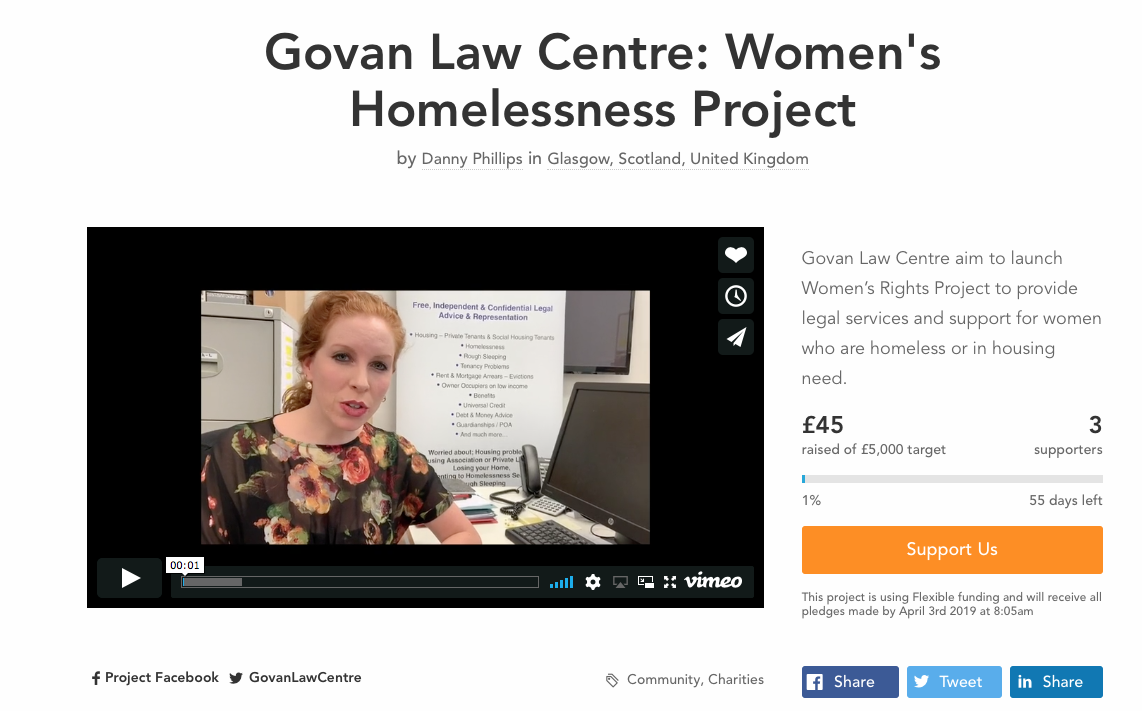Section 172(1) of the 2006 Act requires a director to promote the success of the company and in so doing 'have regard' to a number of other factors. However, there is no explicit obligation to consider the impact of corporate decisions on wider society, and the proposed Bill would remedy this clear imbalance in UK company law.
Where the likely consequence of a director's decision would cause significant detriment to consumers, or particular groups of consumers, or the environment, the Bill requires the duty to contribute to the common good to take precedence. ‘Common good’ means contributing to the good of communities or localities where the company operates or provides a service.
Anas Sarwar MP said:
"Unacceptable culture within our banks was a major contributor to the UK's financial crisis. It's right that company law requires directors to promote the success of their companies, but that success shouldn't be at the expense of UK taxpayers, our local communities or environment. The balance in law isn't right, and directors of our largest companies need a stronger incentive to recognise their obligation to wider society. I want to amend the Companies Act to make that happen".
"Where the decision of a big company is likely to cause serious harm to our communities or the environment, the common good must prevail and companies should err on the side of good, not greed. A statutory ethical framework would improve corporate behaviour and help prevent future financial disasters and ecological harm. Leading figures in the financial services industry have acknowledged the need for a cultural change, so there is an appetite for change".
GLC's Mike Dailly said:
"Govan Law Centre is delighted to assist a Glasgow Member of Parliament to introduce a progressive law reform proposal which could have a radical impact on the culture and behaviour of the UK's biggest companies. Often ecological disasters are a direct consquence of large companies pursuing profit margins at the expense of common sense, and the common good".
"Within the field of UK banking, it is clear to us that its the bank's business model which causes significant detriment to the most vulnerable group of UK consumers and we believe the time is right for a sea change in the culture of senior directors of major UK financial institutions to address this unacceptable position. Clearly, Anas Sarwar's proposed Bill will require cross-party support to progress, but we are grateful to him for launching this vitally important debate at Westminster".
















A vital step forward. However, banks continue to break the law and will carry on breaking the law, until, by doing so, they create immediate repurcussions. As we have seen, the OFT didn't have the backbone needed and it has been left to the individual. Who was the winner there?
ReplyDeleteIn my experience its not always necessarily that there is no legislation or law to advise a business how to act, its simply that the people usually affected either cannot afford justice, perhaps do not realise the banks or financial institute's concerned have broken the law and may lack the education or strength to carry something through to a final result.
I have been inspired by some of the things I have seen on the agenda at this Law centre and its become apparant the good lawyer's have the potential to do. However the banks have walked all over the law and continue to do so. I don't believe this will change very much at all unless we see an authority with a backbone to quickly step in the minute the banks step out of line and have the power to enforce law as it should be enforced. Ie Repay all the money you have just earnt from illegitimate means.
Although an optimist through and through, is all I can see for the future of the industry is more of the same. Take the news recently where banks are beginning to push for "no cash." Imagine the possibilities with that.